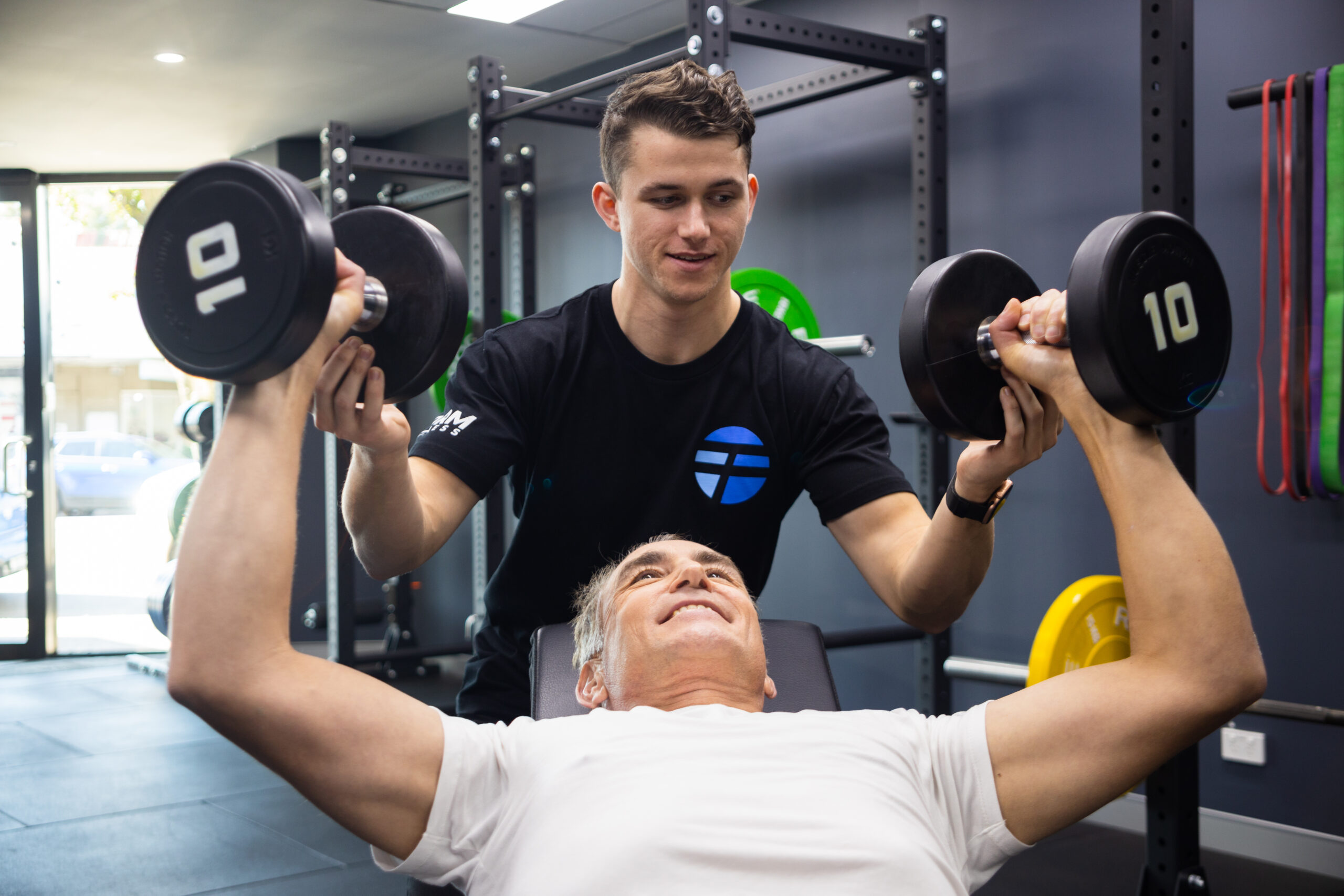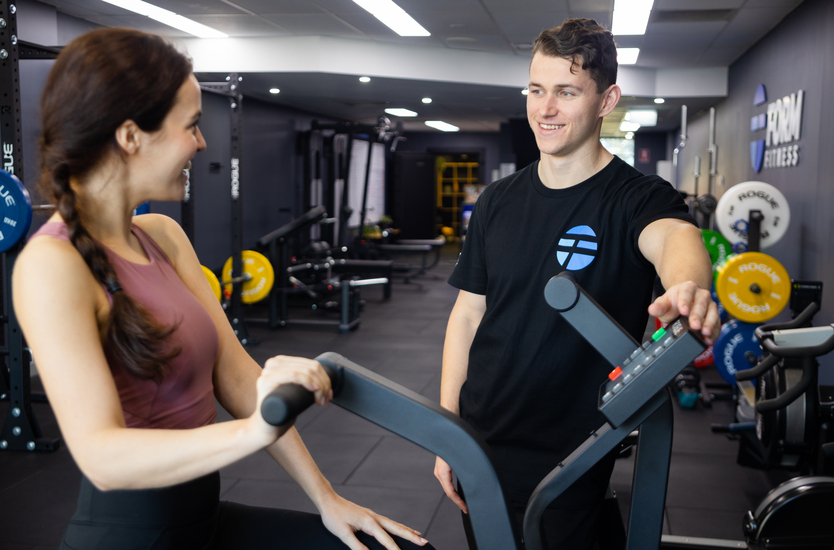People love to talk about balance, and it really is a great thing in principle.
In today’s fitness world, the concept of “balance” is often promoted as the holy grail of a healthy lifestyle. We’re told that we need to balance our workouts, our diets, our time with family, our workload, and our sleep to achieve optimal health and fitness.
But balance can be really hard to maintain, and this scramble to keep things balanced can sometimes become a greater source of stress than it is a source of well-being.
Sure, there are some personalities who are naturally drawn to a more balanced approach, and can easily keep 5 or 6 plates spinning perfectly at a time. But on the other hand, there are a lot of people whose personalities make balance almost impossible to maintain (and if they’re being completely honest, probably wouldn’t enjoy a fully balanced approach anyway).
Dr Tim Sharp is a psychologist and the director of the Happiness Institute in Sydney Australia, and he says balance is “not necessarily consistent with living a great life.” In a world where balance has become a buzz word, we love this. It takes the pressure off needing to be the perfect mum, the perfect dad, the perfect employee, the perfect boss, the perfect business owner, the perfect meditator, the perfect exerciser, the perfect healthy eater, and whichever other roles we are trying to harmonise in our lives.
We can be people who follow our passions, who dedicate time to the things that need it, and who get consumed by the things we love and enjoy.
But how does this apply to training? And in particular, in this article we want to address rest, nutrition, and stress management: three principles that are usually synonymous with “balance”. If we continue to train at our max capacity every single day, we’ll burn out or get injured before we get a chance to. If we eat all the foods we enjoy, we probably won’t reach our strength or body composition goals; and on the other hand, if we follow an insanely strict diet, at some point it’ll become unsustainable and we’ll crash and rebound.
For people who struggle with the idea of balance around training, these outcomes are probably quite familiar. If you’re one of these people, it might feel like you’re faced with two terrible options: live life half-heartedly, or constantly work at the brink of burnout.
But actually, here’s a different approach. One that might suit those who struggle with the traditional ideas around “balance”, and are sick of trying to fit the different parts of their lives into a carefully partitioned wedge of a pie chart.
Instead of a set of judicial scales or pie charts, think about contrast. Light and dark.
Yes, you want to train hard. But you also want to rest hard.
And yes, there will be times when you approach your meals from a very practical fuelling standpoint, but there are also times when you can lower the pressure and thoroughly enjoy the food you eat.
And yes you can work hard in your job, and lean into the pressures and responsibilities that come with that. But also, make sure you give yourself times when you regularly immerse yourself in moments of zero responsibility and pressure.
Moments where your foot is to the floor with the accelerator, balanced out with times when you allow yourself to idle along or stop the vehicle altogether.
You might be thinking, this sounds a lot like balance. And it kind of is. But the beauty of this approach is how it takes the focus off the pressure of being perfect, doing everything in moderation all the time, and feeling guilty when you have to dedicate more time and focus in certain areas of your life. It allows you to pursue your passions without letting them burn you out.
And now, let’s relate this principle back to the topics of nutrition, rest, and stress.
To apply this approach to these areas, here are some questions you can ask yourself.
What are some of your primary goals at the moment? Which one is high priority, and which ones can wait?
In what ways will you have to go hard to achieve these goals? How can you create the frameworks in your life to make some “foot to the floor” moments possible? And where can you add in some moments of contrast to maintain momentum and keep you sane?
How much rest will you need in order to be able to push yourself and apply yourself to achieve this goal? What can you do to make sure you actually get this rest?
What are some other areas of your life where you can “turn down the throttle”, put things on hold, or “work at maintenance” to allow you to apply yourself fully to your current goal? This is really important for managing stress and recovery.
If the traditional approach to “balance” works for you, then go for your life. But if you’re not one of those people, try the contrast approach instead.
You can reach out to us for a personal trainer in Pymble, Lindfield and Lane Cove.
Disclaimer: The content provided on this website is intended for general informational purposes only. It is not intended to be a substitute for professional advice tailored to your specific needs and circumstances. Any reliance you place on the information provided in these blogs is, therefore, strictly at your own risk. We shall not be held responsible for any loss or damage resulting from the use of the information provided on this website.






